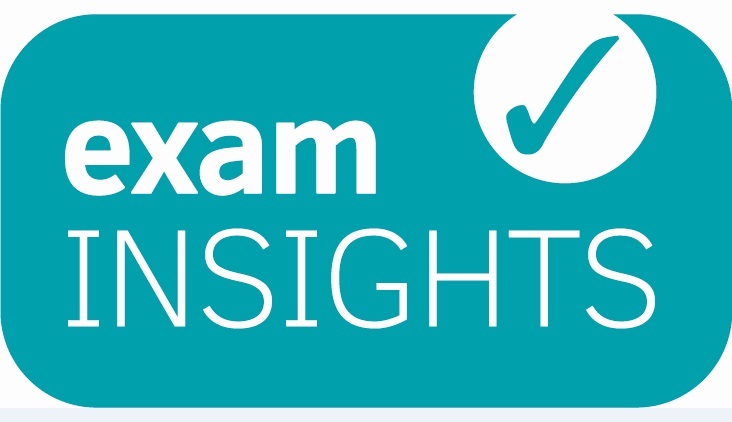AQA has released its examiner reports for the 2019 AQA A Level History exams. Overall students are generally performing well. We have summarised the key issues that the examiners found students needed to improve, and collated some free content that addresses these issues to help your students avoid these mistakes in the future and give themselves the best chance of success.
Key issues
1. Formulaic responses to interpretation and source-based questions:
On Paper 1 students are required to decide how convincing three interpretations are; for Paper 2, they consider the value of three sources to a historian studying a specified issue.
One common mistake is to structure answers in an overly formulaic way. The examiners’ reports on most topics comment that students often progress through comments on content and argument; tone; provenance; and how the interpretation or source links to contextual knowledge. This means students often ‘go through the motions’ without really focusing on the question being asked. For example, this leads to irrelevant evidence (especially contextual knowledge) or making stock comments when evaluating provenance, without analysing how convincing or valuable the interpretation or source is.
2. Conclusions and judgments on interpretation and source-based questions:
According to examiners, few students achieved the highest levels in question one on both papers because they failed to convincingly reach judgments. Many attempt judgement by writing a concluding paragraph which examines all three extracts holistically rather than individually at the end of their response, or by comparing the three interpretations/sources to decide which is the most convincing or valuable. Neither of these approaches tend to be successful. A better approach is to take each interpretation/source separately and consider its merits and limitations, before reaching a judgment on how convincing (Paper 1) or how valuable (Paper 2) it is to a historian studying the issue specified in the question.
Another common mistake when forming judgments, was to conclude that an interpretation/source could not be convincing or valuable because it omitted information. Challenging an interpretation/source on the basis of omission is not awarded, unless it is made specifically relevant to the extract’s argument/question posed. For example, it is not a fair expectation of a source to consider something that happened after the time it was created.
3. Use of supporting evidence:
Students often fail to select and use precise evidence to support their ideas. For all questions, examiners are looking for a sharp analysis of the stated issue, but a significant number of students still explore the issue through narratives of contextual knowledge. This approach means that responses are often poorly focused on the question asked.
One common mistake is to not focus on dates within the set question. This is an issue on both papers, with candidates: on paper one citing evidence from outside the period on which a question focuses; and on paper two candidates discussing wider historical context, rather than, for example, rooting a source firmly in the year on which the question focuses.
4. Analysis, balance and judgments in essay questions:
Many students still produce narrative accounts in response to the essay questions, relying too heavily on contextual knowledge rather than creating an analytical response supported by precise evidence.
Most students do, however, attempt to show balance, but their responses are often inconsistently focused on the question, which means that they achieve no higher than a Level 3 response. The examiners’ reports suggest that students must support and challenge the statement/question, and that there must be a clear analysis of both sides of the argument.
Few students achieved Level 5 in the essay questions, mainly because their overall judgments were not developed enough. Students often made a passing judgment in the introduction or conclusion of their response, but not make a clear, clinching argument. For example, an effective, strong judgement could be shown through the use of second order concepts, or the consideration of the impact of the named issue on different groups. Examiners commented that the strongest students sustained their judgments throughout their answer.
5. Planning a response:
In the essay questions on both papers, it is clear that when students plan their essay in advance of writing their answer, their ideas are often clearer and better focused on the question. Often, answers show a stream-of-consciousness approach to writing, which meant that students could not achieve the higher marks. It is wise to spend a few minutes to plan their essay before starting to write the full answer.
Get ahead for 2020
Use this free revision and exam practice content from The Cold War 1945-1991 Revision Guide, part of the Oxford AQA History for A Level Revision Guides series, to revise ‘The ending of Cold War tensions’ topic, including a sample student answer and tips.
Prepare your students for exam practice success with the structured revision approach of Recap, Apply, and Review, step-by-step exam practice strategies, and Examiner Tip guidance for all AQA question types.
Click on the titles below to find out more and order a copy for evaluation:
- The Cold War 1945-1991 Revision Guide
- Revolution and Dictatorship: Russia 1917-1953 Revision Guide
- The Making of Modern Britain 1951-2007 Revision Guide
- Democracy and Nazism: Germany 1918-1945 Revision Guide
- The Tudors: England 1485-1603 Revision Guide
- Tsarist and Communist Russia 1855-1964 Revision Guide
✅ Read more on exam insights here

Agree with much of this. The students really need to tackle what is meant by value and avoid those generic statements. I have added some further info on this in my free podcast, https://historyrocks.co.uk/podcasts
I hope people find it ‘valuable’!